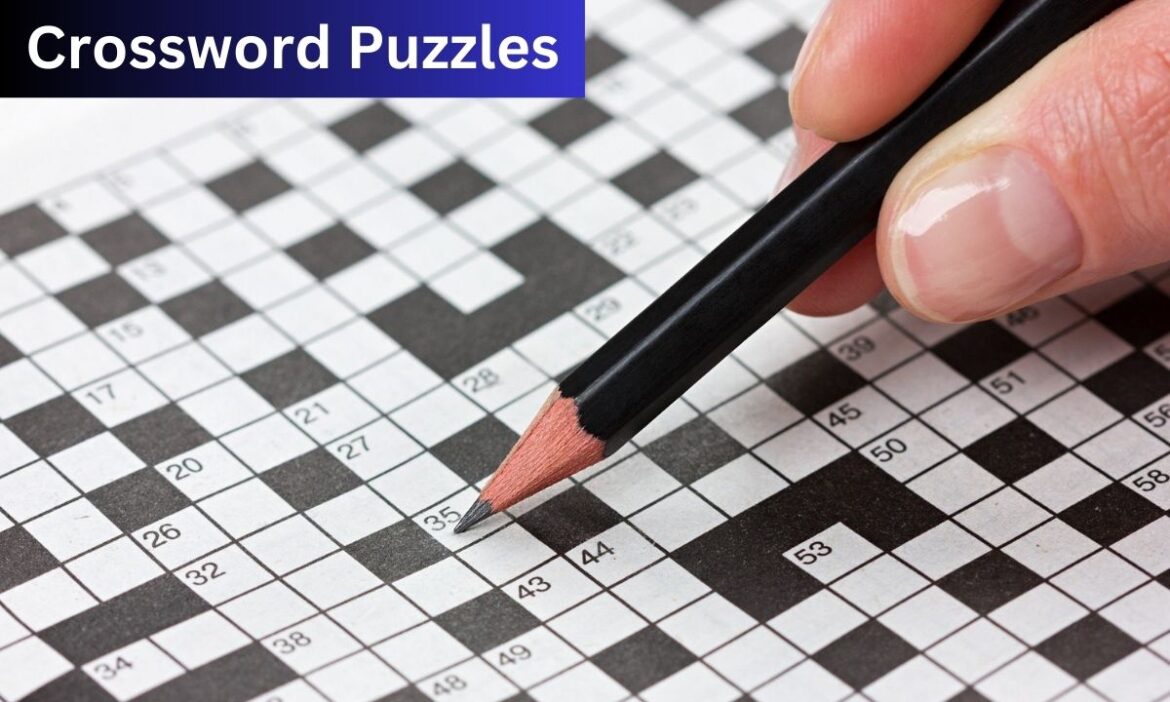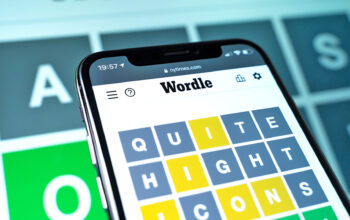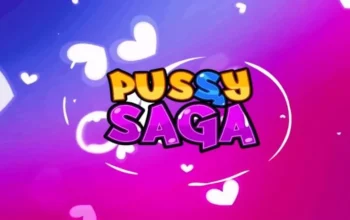Are you a crossword puzzle enthusiast looking to conquer the notoriously challenging New York Times (NYT) crossword puzzle? If so, you’ve come to the right place. In this article, we will provide you with effective strategies and tips to help you tackle and conquer the utterly exhausted NYT crossword puzzle. Whether you’re a beginner or an experienced puzzler, these techniques will boost your confidence and enhance your puzzle-solving skills. So let’s dive in!
1. Introduction: The Allure of the NYT Crossword Puzzle
The New York Times crossword puzzle is a renowned and revered challenge for wordsmiths around the world. Its clever wordplay, trivia, and cryptic clues make it a beloved pastime for many. However, the difficulty level of the NYT crossword puzzle can sometimes leave solvers feeling utterly exhausted. But fear not, as we’re here to help you conquer this perplexing puzzle.
2. Understanding the Structure of the Puzzle
Before diving into solving the NYT crossword puzzle, it’s essential to familiarize yourself with its structure. The puzzle consists of a grid of white and black squares, and your goal is to fill in the white squares with letters to form words. Each square corresponds to both an “Across” and “Down” clue, and the intersection of these clues helps you solve the puzzle.
3. Start with the Clues and Cross-Referencing
Begin solving the crossword puzzle by reading all the clues carefully. Look for clues that you know the answers to and start filling in the corresponding words. Cross-referencing clues is another effective technique. If you’ve answered an “Across” clue, see if it helps you solve a corresponding “Down” clue or vice versa.
4. Utilize the Theme and Fill-in-the-Blanks
Often, the NYT crossword puzzle has a theme or recurring pattern. Pay attention to the title, which can hint at the theme. Once you identify the theme, it becomes easier to solve related clues. Additionally, fill-in-the-blank clues are a valuable asset. Look for clues with a placeholder, such as “_word” or “_phrase,” and use the surrounding letters to deduce the answer.
5. Tackle the Four Corners First
When faced with a challenging crossword puzzle, a helpful strategy is to tackle the four corners first. By focusing on the corners, you create anchor points that provide a foundation for solving the rest of the puzzle. Once the corners are complete, you can work your way inward, connecting the remaining sections.
6. Think Outside the Box
Sometimes, crossword clues can be intentionally misleading or require thinking outside the box. Don’t limit yourself to literal interpretations of the clues. Consider alternative meanings, double entendres, or wordplay. This approach will expand your possibilities and help you solve tricky clues that initially seem unsolvable.
7. Use Crossword Puzzle Solving Apps and Websites
In the digital age, crossword puzzle-solving apps and websites have become valuable resources for enthusiasts. These platforms offer hints, explanations, and even auto-fill options. However, exercise caution not to rely too heavily on these tools, as the satisfaction of solving a puzzle independently is incomparable.
8. Take Breaks and Come Back with Fresh Eyes
Sometimes, a puzzle can leave you feeling mentally drained and stuck. In such situations, it’s beneficial to take breaks and return to the puzzle with fresh eyes. Stepping away allows your mind to reset, and you may notice clues or connections that were previously elusive. Embrace the power of rest and rejuvenation.
9. Collaborate with Fellow Puzzle Enthusiasts
Crossword puzzle-solving can be a collaborative and engaging activity. Joining crossword puzzle communities, participating in forums, or seeking assistance from fellow enthusiasts can provide valuable insights and different perspectives. Sharing your struggles and triumphs with others who share your passion can make the journey more enjoyable.
10. Maintain a Crossword Puzzle Journal
Keeping a crossword puzzle journal is an excellent way to track your progress, note challenging clues, and learn from your solving experiences. Document the strategies you used, the words you struggled with, and the lessons you’ve learned. This journal can become a valuable resource and a testament to your growth as a puzzler.
11. Overcoming Frustration and Challenges
It’s important to remember that crossword puzzles are meant to be challenging. Frustration and moments of uncertainty are part of the process. Embrace the challenge and don’t be discouraged by temporary roadblocks. Perseverance and a positive mindset will ultimately lead to triumph.
12. Celebrate Your Victories
Every solved crossword puzzle, especially a notoriously difficult one like the NYT crossword, deserves celebration. Take a moment to appreciate your accomplishment, no matter how small. Recognize the effort you put in and the skills you’ve honed along the way. Celebrate your victories and use them as motivation for future puzzles.
13. Conclusion
Conquering the utterly exhausted NYT crossword puzzle is an exhilarating feat. By employing effective strategies such as starting with the clues, utilizing themes, thinking outside the box, and seeking collaboration, you can overcome the challenges this puzzle presents. Remember to maintain a positive mindset, celebrate your victories, and enjoy the journey of puzzle-solving.
14. Frequently Asked Questions (FAQs)
Q1: Are there any shortcuts or cheat codes for solving the NYT crossword puzzle?
While there are no cheat codes, crossword puzzle-solving apps and websites can provide hints and assistance. However, it’s recommended to solve puzzles independently for a more satisfying experience.
Q2: How often is the NYT crossword puzzle updated?
The NYT crossword puzzle is updated daily, with increasing difficulty as the week progresses. Monday puzzles are the easiest, while Saturday puzzles are considered the most challenging.
Q3: How can I improve my crossword puzzle-solving speed?
Improving your speed comes with practice and experience. As you solve more puzzles, you’ll become familiar with common crossword clues and develop quicker associations.
Q4: Can solving crossword puzzles improve cognitive abilities?
Yes, solving crossword puzzles regularly can enhance cognitive abilities such as memory, language skills, and problem-solving. It provides a mental workout and keeps the brain active.
Q5: Are there any other renowned crossword puzzles besides the NYT crossword?
Yes, there are several other popular crossword puzzles, such as the Washington Post crossword, the Los Angeles Times crossword, and the Guardian crossword. Each puzzle has its own uniquestyle and characteristics, offering puzzlers a variety of challenges to enjoy.




